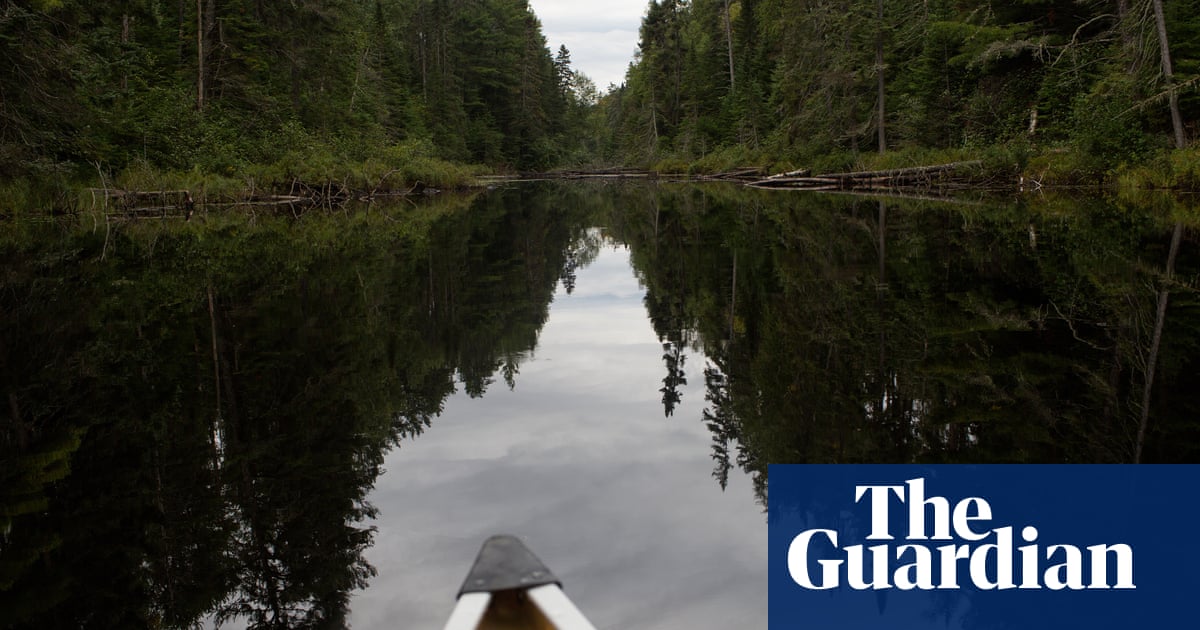Flooding on the US Northeast coast has risen significantly as a critical network of Atlantic Ocean currents weakens, according to a new study — an alarming glimpse into the future as some scientists warn the current system could be just decades from collapse.
The Atlantic Meridional Overturning Circulation, known as the AMOC, works like a vast conveyor belt, transporting heat, salt and freshwater through the ocean and influencing climate, weather and sea levels around the planet.
Coastal flooding is caused by a cluster of factors, chief among them climate change-driven sea level rise, but the AMOC also plays a critical role in the Northeast, according to the study published Friday in the American Association for the Advancement of Science.
Scientists used data from tide gauges — instruments which monitor sea level change — combined with complex ocean models to calculate how the AMOC has affected flooding in the region over the past decades.
They found between 2005 and 2022, up to 50% of flooding events along the northeastern coast were driven by a weaker AMOC. Drilling down, that means AMOC-driven sea level rise contributed to up to eight flood days a year over this period.
The models used by the scientists also give a glimpse into the future, allowing them to forecast coastal flooding frequency in the Northeast up to three years in advance, according to the study.
The idea that the AMOC is influencing sea level rise in this region is not new, but this study is the first to find it’s substantially affecting flood frequency, said Liping Zhang, a study author and project scientist at the Geophysical Fluid Dynamics Laboratory, part of the National Oceanic and Atmospheric Administration.
There are two main reasons why the AMOC affects sea level rise, said David Thornally, professor of ocean and climate science at University College London, who was not involved in the research.
A strong AMOC is typically associated with dense deep water that flows along the western boundary of the North Atlantic. When the AMOC weakens, water becomes less dense, literally taking up more space and fueling sea level rise. A weaker AMOC also affects the flow of the Gulf Stream, causing water to flow back onto the coastal shelf and increasing sea level rise at the coast.
Rising seas are a huge and urgent issue for society as the climate warms, making it vital to better understand how it’s being affected, Zhang told CNN. Coastal flooding can “reshape the coastal environment… (and) poses threats to both lives and infrastructure in coastal regions,” she said.
The findings will be very useful for helping society better predict and plan for costly and devastating flooding events, UCL’s Thornally told CNN.
“A study like this is a good way to demonstrate the day-to-day impacts of changes AMOC, rather than invoking dramatic scenes from Hollywood disaster movies which are exaggerated and thus easily dismissed,” he told CNN, referring to the movie The Day After Tomorrow, which depicts the world plunging into a deep freeze after the AMOC collapses.
As the research relies on climate models, the results will depend on how well these represent the physics of the real world, he cautioned. “The high resolution means it probably does a good job — and it can mimic observed sea-level patterns — but it won’t be perfect,” he said, especially as this is a complex area of the ocean where different currents meet.
Gerard McCarthy, an oceanographer at Maynooth University in Ireland, also not involved in the research, said the study is significant because it shows “how AMOC can help predict sea level extremes along this coast.”
A slew of recent research has pointed to signs the AMOC could be on course to significantly weaken over the next decades as climate change warms oceans and melts ice, disrupting its delicate balance of heat and salinity. This would have catastrophic planetary impacts, including on sea level rise.
“The science is still not clear,” McCarthy said, but a collapse would be a “high-impact event and it is critical that we know what to expect.”
For more CNN news and newsletters create an account at CNN.com

 German (DE)
German (DE)  English (US)
English (US)  Spanish (ES)
Spanish (ES)  French (FR)
French (FR)  Hindi (IN)
Hindi (IN)  Italian (IT)
Italian (IT)  Russian (RU)
Russian (RU)  3 weeks ago
3 weeks ago
























Comments